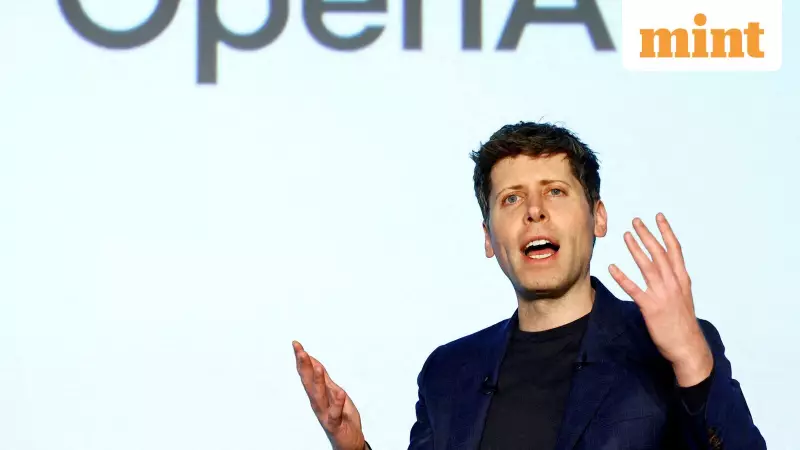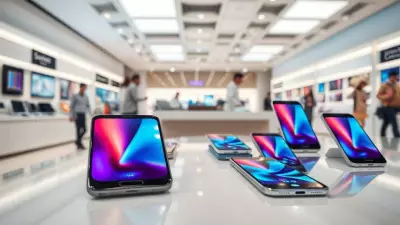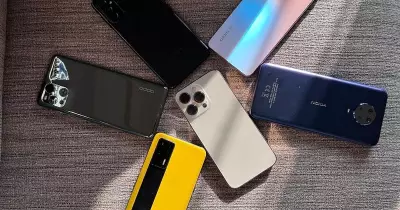
In a significant development for AI users worldwide, OpenAI has successfully addressed one of ChatGPT's most persistent quirks - its excessive reliance on em-dashes. The company's CEO Sam Altman personally confirmed the fix, marking a victory for users who had struggled with this characteristic AI writing pattern since the chatbot's launch in late 2022.
The Em-Dash Dilemma Finally Resolved
When ChatGPT first emerged in late 2022, users quickly identified several telltale signs that distinguished AI-generated content from human writing. Among these indicators, the excessive use of em-dashes stood out as particularly noticeable. Despite users explicitly instructing the AI to avoid these punctuation marks, the problem persisted across multiple ChatGPT versions and other AI tools.
The breakthrough came when OpenAI CEO Sam Altman announced on X (formerly Twitter) that the issue had been resolved. "Small-but-happy win: If you tell ChatGPT not to use em-dashes in your custom instructions, it finally does what it's supposed to do!" Altman declared in his social media post.
When tested, ChatGPT now responds appropriately to instructions about em-dashes, acknowledging with: "Got it! I'll stick to responses without em dashes from here on." However, some users responding to Altman's announcement reported that the AI continues to occasionally use dashes in responses, suggesting the fix might not be universally implemented yet.
Persistent Challenges and New Features
Beyond the em-dash issue, users highlighted another longstanding problem with AI chatbots - hallucinations and factual inaccuracies. Several users noted instances where ChatGPT incorrectly listed Joe Biden as the President of United States, demonstrating that while some issues get resolved, fundamental challenges with AI accuracy remain.
Meanwhile, OpenAI has been expanding ChatGPT's capabilities beyond simple text generation. The company announced the introduction of Group Chats to ChatGPT, adding a social dimension to the popular AI tool. This feature operates similarly to WhatsApp Groups but incorporates ChatGPT as an active participant in conversations.
Expanding Social AI Capabilities
The new Group Chat feature allows users to share conversation links and include up to 20 participants in collaborative sessions with ChatGPT. The AI can serve as a mediator in discussions or help groups explore new topics together. Currently in pilot stage, this feature is being rolled out selectively to specific markets with plans for broader availability in the future.
This isn't OpenAI's first venture beyond traditional chatbot functionality. The company recently launched Sora, an AI-generated social media app that enables users to create and share short-form videos similar to Instagram Reels or TikTok. Additionally, OpenAI introduced Atlas, an AI-powered browser for Mac users designed to compete with established browsers like Google Chrome, Brave, and Comet.
These developments signal OpenAI's strategic expansion into diverse digital categories while continuing to refine ChatGPT's core functionality. The resolution of the em-dash issue represents a step forward in making AI interactions more natural and responsive to user preferences.






